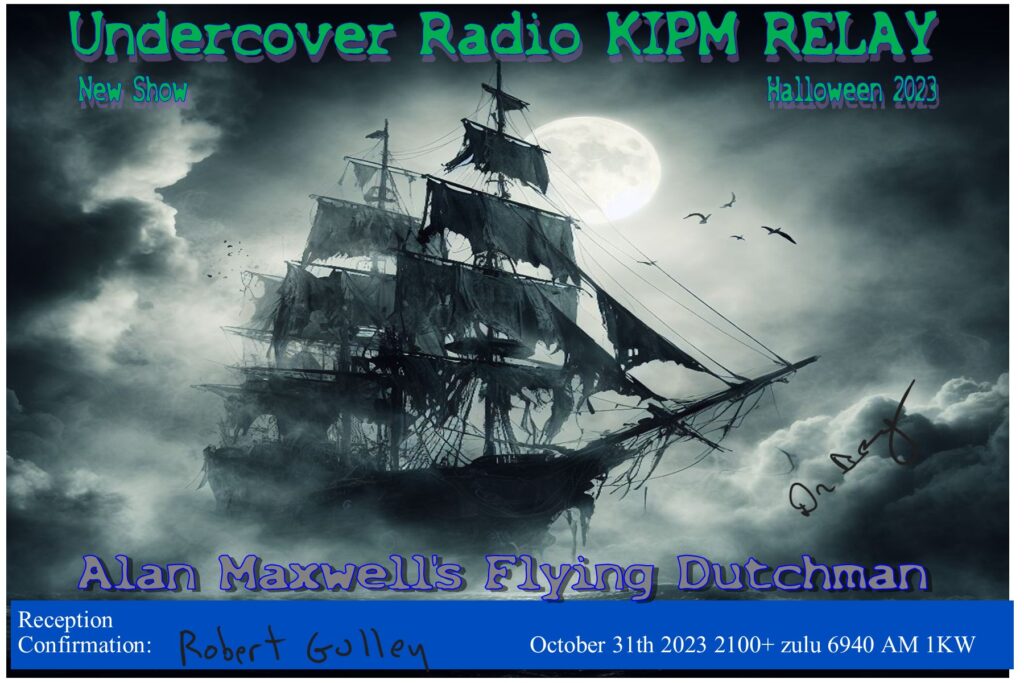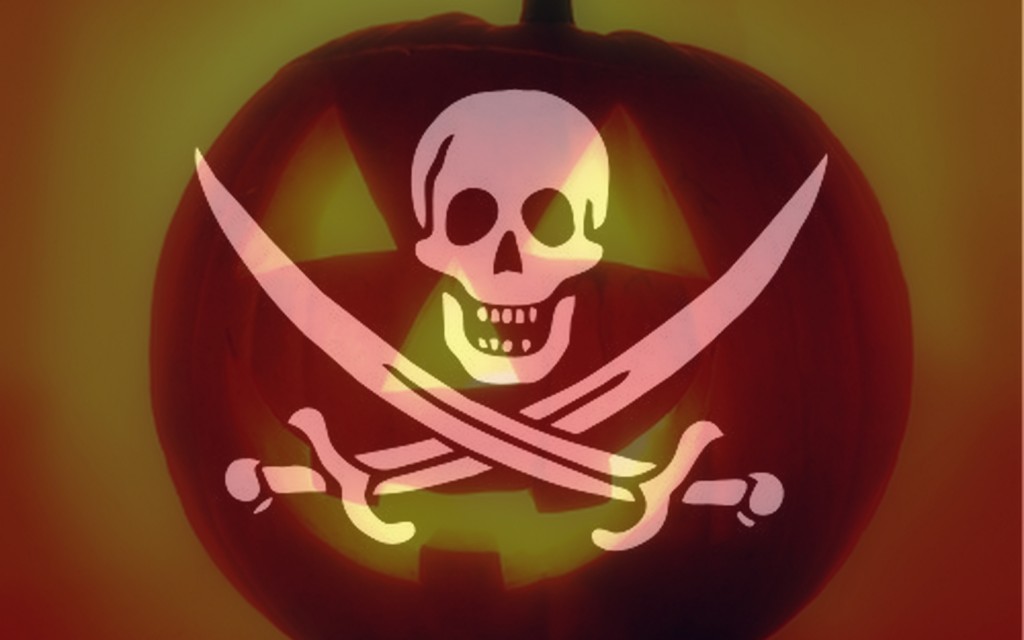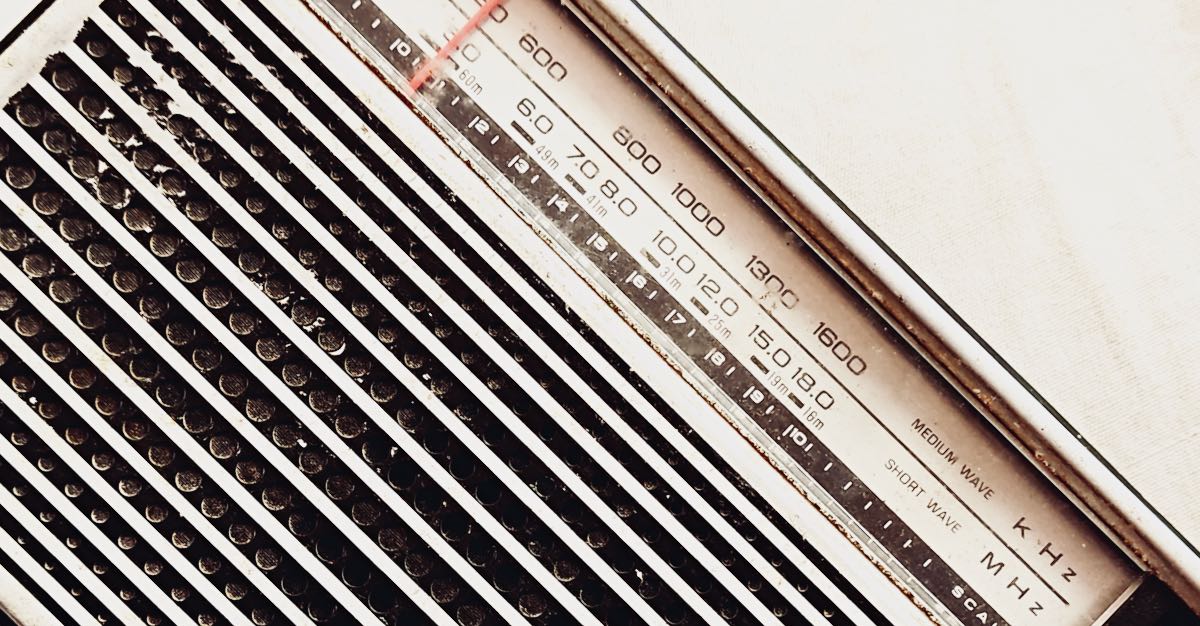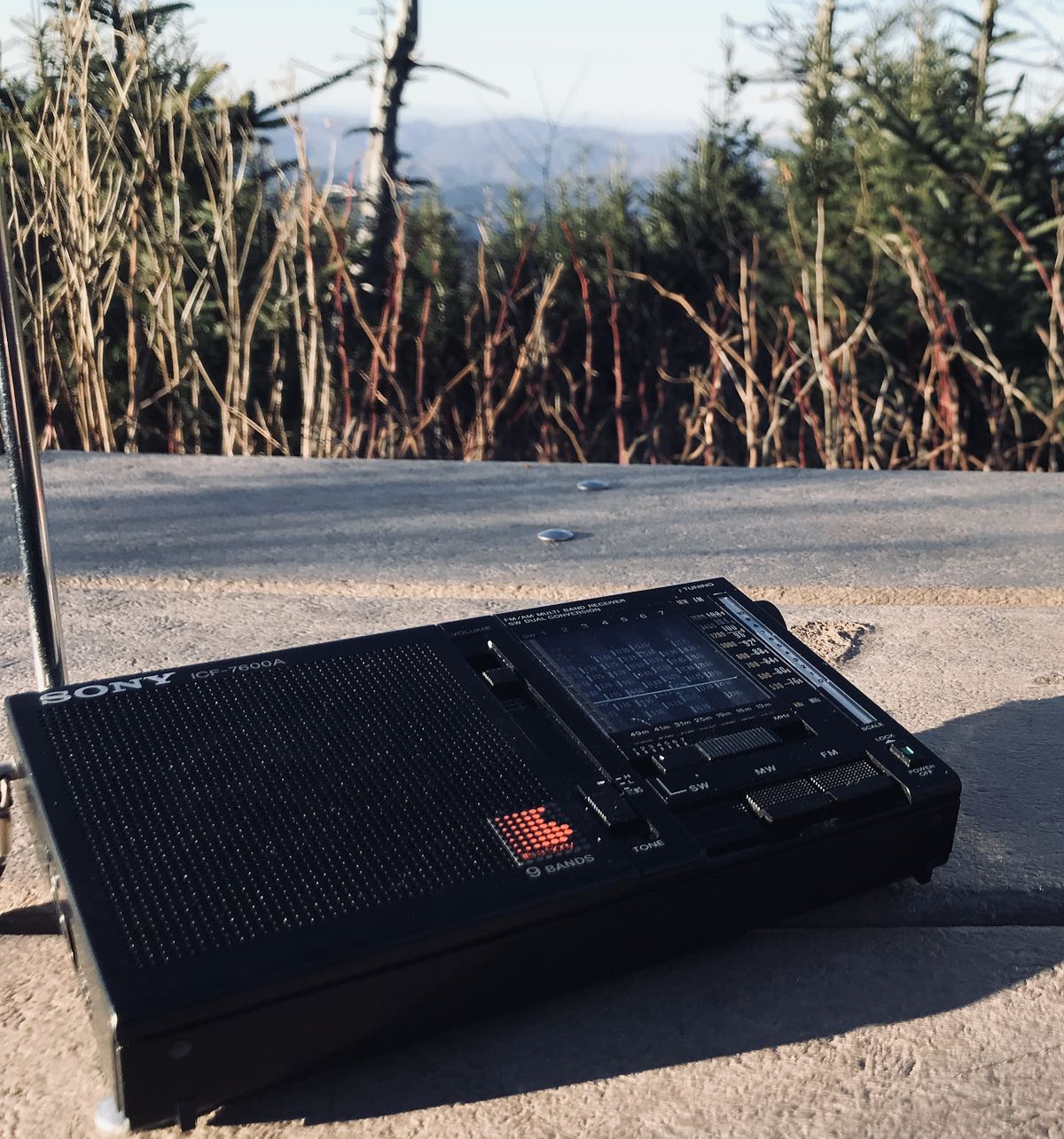FastRadioBurst 23 letting you know of a forthcoming project from DJ Frederick called The Radio Enthusiast e-APA. It looks very interesting and will cover subjects we all love radio-wise! As the flyer above states the main purpose of the project is “for fun, to connect with other radio enthusiasts, to share information & creativity.” It’ll be available via email and a print edition and also a possible audio program. It will go out three times a year: Spring, Summer and Autumn starting Summer 2024. So please send you submissions to: [email protected] Send anywhere from 1 to 10 pages per mailing by email (Word docs) please!
Category Archives: Pirate Radio
Pirate Radio QSL Card
This QSL card just came today from a broadcast on Halloween, station Undercover Radio. There were a number of broadcasts that night, but this was by far the most unusual that I heard!
Robert Gulley, K4PKM, is the author of this post and a regular contributor to the SWLing Post. Robert also blogs at All Things Radio.
Halloween is a Pirate Radio Playground!
Halloween is typically the most active day of the year for shortwave pirates. Spend some time on the HF bands tonight and you’ll easily tune in to numerous stations. Expect pirates to emerge like The Great Pumpkin!
Here are two things you’ll want to do this Halloween weekend:
HF Underground
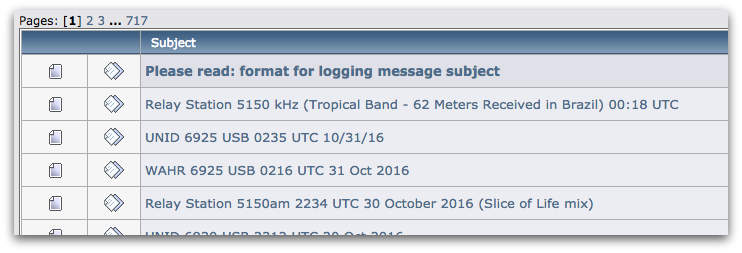
Follow real-time pirate radio spots and loggings on the HF Underground discussion forum. If you’ve never tuned to a pirate in the past, these real-time loggings will help you find pirates while they’re on the air and also help you ID them!
Listen!
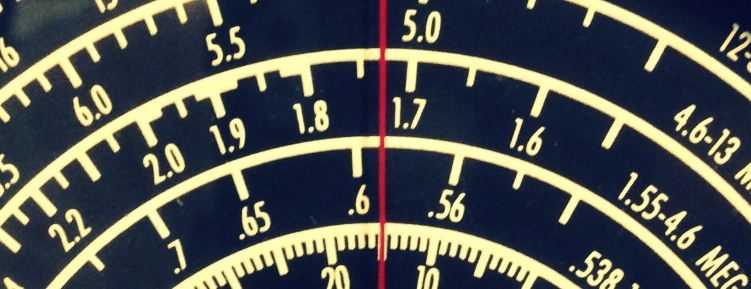 Listen for pirate radio stations tonight! Turn on your radio anytime today, but especially around twilight and tune between 6,920 – 6,980 kHz. Pirates broadcast on both AM and SSB; you’re bound to hear a few. If you’re brand new to pirate radio listening, you might read my pirate radio primer by clicking here.
Listen for pirate radio stations tonight! Turn on your radio anytime today, but especially around twilight and tune between 6,920 – 6,980 kHz. Pirates broadcast on both AM and SSB; you’re bound to hear a few. If you’re brand new to pirate radio listening, you might read my pirate radio primer by clicking here.
Happy Halloween to all!
Pirate Radio: Peter decodes spectrum images from Mix Radio International
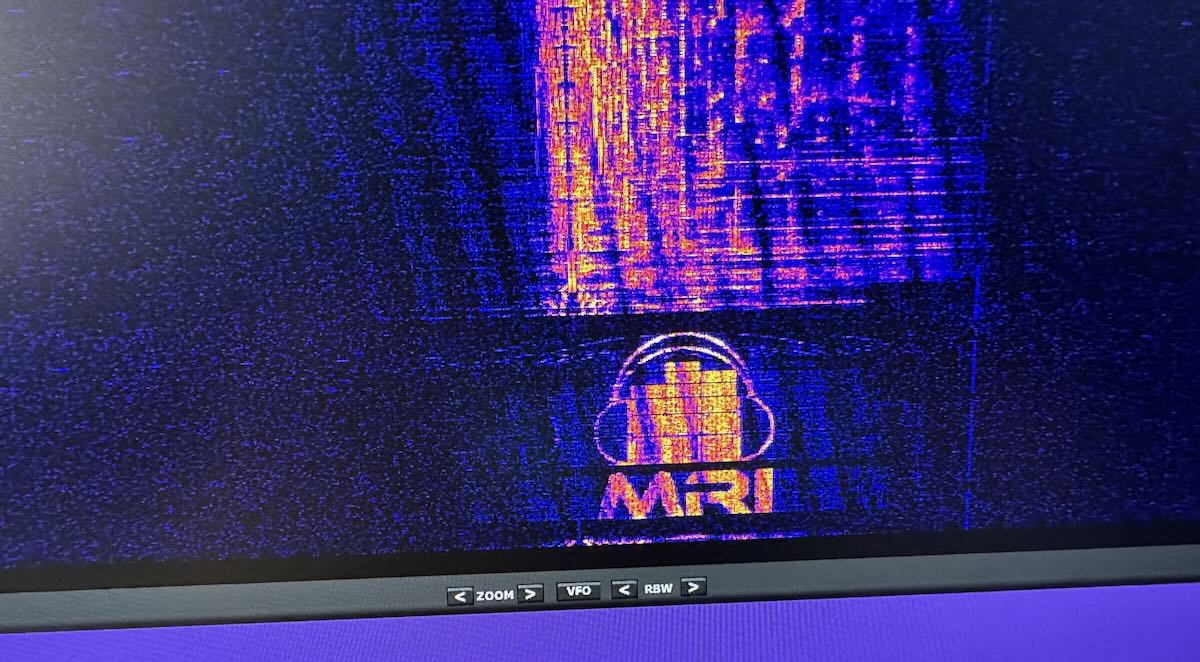 Many thanks to SWLing Post contributor, Pete Jernakoff, who writes:
Many thanks to SWLing Post contributor, Pete Jernakoff, who writes:
Last evening around 10:45 pm local, I came across the pirate Mix Radio International broadcasting on 6950 kHz upper side band. Signal was absolutely huge at my QTH (northern Delaware) and the show was highly entertaining with dance and rap mixes of various pop songs being played. Also played were some NSFW rap songs… 🙂 And every so often this station would modulate its signal so as to transmit a picture or text on one or the other side of its main signal that was plainly visible on the waterfall. (I was listening with an SDRplay RSPdx and SDRuno.)
Videos:
and
Very cool!
Rgds,
-Pete Jernakoff-
Very cool indeed! Thank you for sharing this, Pete!
The return of Radio London on 1206 kHz (July 29 – August 14, 2023)
Many thanks to SWLing Post contributor, WD3C, who shares the following announcement:
RADIO PIRATE: The return of Big L Radio London on 1206 kHz, 24 hours a day, from July 29th to August 14th. Back with, in my pocket, a temporary license issued by OFCOM. This time Big L will be broadcasting not from a ship but from studios in a double decker red bus installed in Felixstowe’s Spa Pavilion car park on the seafront. This is an initiative of Ray Anderson, RadioFab and the Spa. Radio Caroline will no longer be the only pirate to have boarded for the 17 days of this special broadcast which will also broadcast all the hits of the years “Pirate Radio” with many famous DJs of the past!
You can tune in to 1206 kHz or find out more at www.biglradiolondon.co.uk ( RadioFab.com Facebook)
On August 12th, catch “Roger “Twiggy” Day’s Pirate Radio Hits Show” on stage at the Spa
Pavilion Felixstowe with Dave Berry, Vanity Fare and Chris Farlowe.
Many former DJ’s from pirate station are participating in the event. August 14 marks the 56th anniversary of the adoption of the “Maritime Offenses Act”. This will be, once again, the last day of broadcast of this ephemeral radio on 1206 khz.
Online and more info at www.biglradiolondon.co.uk
Subscribe to Radio Magazine it’s free!
Thank you for the tip!
Radio Waves: Pirating Putin, Refuge Hosted Radio in South Sudan, Drivers Still Love Radio, and TIS Request
Radio Waves: Stories Making Waves in the World of Radio
Welcome to the SWLing Post’s Radio Waves, a collection of links to interesting stories making waves in the world of radio. Enjoy!
Many thanks to a number of SWLing Post contributors including John, Andrea, and Dennis Dura for the following tips:
The pirate-radio DJ who took on Putin (The Economist)
Tens of thousands of ordinary Russians are joining the resistance
n a bedsit in Vologda, a Russian city 500 miles north of Moscow, a man sat at a desk surrounded by recording equipment. In his early 60s, tall and thin with long grey hair, glasses and a moustache, he looked like an ageing rock star making a new album. His name was Vladimir Rumyantsev. He lived alone, and his day job was as a stoker, tending a furnace in a factory boiler-room. In the evenings he was the dj of his own pirate-radio station, broadcasting anti-war diatribes against Putin’s “special military operation” in Ukraine.
Rumyantsev set up the station before the war as a hobby. Radio Vovan (a play on a nickname for Vladimir) mainly broadcast music from the Soviet era that he found in online archives. He said he needed a break from oppressive state propaganda. “Some kind of ‘patriotic’ hysteria started on the airwaves, and as the sole occupant of the flat I voted unanimously to ban the broadcasting of federal tv and radio channels in my home. Well, I had to create something of my own to replace it,” he wrote to me. [Continue reading. Note that this article may be behind a paywall from your location…]
In South Sudan, Refugees Train as Radio Hosts to Keep Residents Informed (VOA News)
JOHANNESBURG, SOUTH AFRICA —
Jabrallah Tia was a teacher in Sudan in 2011 when a brutal war forced him to flee to a refugee camp in newly established South Sudan. Thirteen years later, Tia is still in a camp but with a new career: journalist.
The Ajuong Thok camp in the Ruweng Administrative Area is home to almost 40,000 refugees and displaced people, most from Sudan. Another influx is expected soon, after a fresh conflict broke out in April.
“It’s terrible now when Sudan has started another war. … We’re expecting more people to come from Sudan, as they’re fleeing the war there,” Tia told VOA in a video interview over Zoom.
He knows what that’s like. Tia had to leave everything behind when he fled his home in South Kordofan state. But he said he has found new meaning in his journalism work. Continue reading
Radio Waves: New Buzzer, Remembering Virginia Norwood, More AM in Cars, and Portland Church Pirate
Radio Waves: Stories Making Waves in the World of Radio
Welcome to the SWLing Post’s Radio Waves, a collection of links to interesting stories making waves in the world of radio. Enjoy!
Many thanks to SWLing Post contributors Paul, Frank Howell, NT, and Dan Finegan for the following tips:
Russia’s New Mystery Shortwave Station (Hackaday)
The Buzzer, also known as UVB-76 or UZB-76, has been a constant companion to anyone with a shortwave radio tuned to 4625 kHz. However, [Ringway Manchester] notes that there is now a second buzzer operating near in frequency to the original. Of course, like all mysterious stations, people try to track their origin. [Ringway] shows some older sites for the Buzzer and the current speculation on the current transmitter locations.
Of course, the real question is why? The buzzing isn’t quite nonstop. There are occasional voice messages. There are also jamming attempts, including one, apparently, by Pac Man.
Some people think the new buzzer is an image, but it doesn’t seem to be the same signal. The theory is that the buzzing is just to keep the frequency clear in case it is needed. However, we wonder if it isn’t something else. Compressed data would sound like noise. Other theories are that the buzzing studies the ionosphere or that it is part of a doomsday system that would launch nuclear missiles. Given that the signal has broken down numerous times, this doesn’t seem likely. [Continue reading…]
Remembering Virginia Norwood, the ‘mother’ of NASA’s Landsat program (Engadget)
The pioneering inventor died on March 27th at the age of 96.
If you haven’t heard of Virginia Norwood, it’s about time you did. An aerospace pioneer whose career would have been historic even without its undercurrent of triumph over misogynistic discrimination, she invented the Landsat satellite program that monitors the Earth’s surface today. Norwood passed away on March 27th at the age of 96, as reported by NASA and The New York Times.
She achieved all this despite significant pushback from the male-dominated industry before and after her rise. Despite her obvious talent, numerous employers declined to hire her after graduating from the Massachusetts Institute of Technology. For example, Sikorsky Aircraft told her they would never pay her requested salary, equivalent to the lowest rank in the civil service. Another food lab she applied for asked her to promise not to get pregnant as a condition of her employment. (She withdrew her application.) Finally, the gun manufacturer Remington appreciated her “brilliant” ideas in an interview but told her they were hiring a man instead. [Continue reading…]
Can The Industry And Congress Keep AM Radio In The Dashboard? (Inside Radio)
Facing an existential moment in the 100-year history of the medium, AM broadcasters are banding together, calling on allies in Congress, and enlisting listener support to preserve their place in the automobile. The heads of 10 state broadcasting associations have formed a Dashboard Subcommittee within the National Alliance of State Broadcasters Associations (NASBA) to slow or stop the removal of AM radio from the dashboard. The two-week old group is working on multiple fronts including fact finding, education and advocacy.


